Estate planning: Your kids … and your community
Estate planning: Your kids … and your community
As you contemplate your legacy and adjust your estate plan over the years, it’s natural to focus on your children and family as the primary beneficiaries in your will and trust. If you’re like an increasing number of charitably-minded individuals, though, you might find that your perspectives about what exactly it means to leave a legacy are expanding beyond your next of kin. Your community is on your mind and in your heart, and you’re interested in ways you can support and improve the quality of life for people in the region we call home.
If you’re intrigued, you are not alone! Indeed, many philanthropic individuals are broadening their estate plan beneficiaries to prominently include their community or favorite cause, right alongside children and grandchildren. The team at The Community Foundation would be honored to discuss the ways we can help. Here are three options for funds you can establish with The Community Foundation to benefit our community in your overall philanthropy and estate plan:
Unrestricted fund
Major advantages of The Community Foundation include its perpetual structure, community-based governance, and commitment to addressing needs as they change. An unrestricted fund allows you and your family to provide support that evolves over time as priorities in the region shift. The Community Foundation’s mission is to thoroughly understand the community and improve lives within it. The Community Foundation’s board and professional staff conduct ongoing, extensive research about the needs of the community and the nonprofit programs that are addressing those needs. Establishing an unrestricted fund means you are investing in The Community Foundation to support programs that are addressing the community’s most pressing needs as well as needs that can’t be identified until the future.
Field-of-interest fund
A field of interest fund is an ideal way to target your giving to specific areas of community need (such as education, health, environment, or the arts). Your field of interest fund at The Community Foundation establishes parameters for grant making according to your wishes. The Community Foundation’s staff follows these parameters and uses its research and expertise to make grants that align with your intentions. Your fund can continue beyond your lifetime and for multiple generations, consistently providing grants to support your area of interest according to the terms you established when you first created the fund.
Designated fund
A designated fund at The Community Foundation can help you secure your favorite organization’s financial future so that its mission continues, uninterrupted, even in the face of challenges. You can set up multiple designated funds if you’d like to support more than one organization. You can even set up a designated fund to support a governmental unit, such as the parks department. A designated fund allows you to decide on the timing of the distributions from the fund, such as during the organization’s capital campaign or to support a specific program or initiative. You can serve as an advisor to the fund to recommend the timing and amount of grants to the supported organization, or you can appoint the board of directors of The Community Foundation to carry out this function according to your wishes.
And here’s a bonus! If you plan to give to an unrestricted fund, designated fund, or field-of-interest fund at The Community Foundation during your lifetime, and you’re over the age of 70 1/2, you can direct up to $105,000 each year from your IRA to the fund. This is called a “Qualified Charitable Distribution,” or “QCD.” Not only do QCD transfers count toward satisfying your Required Minimum Distributions if you’ve reached that age threshold, but you also avoid the income tax on those funds. Furthermore, the assets distributed through a QCD are no longer part of your estate upon your death, so you can avoid estate taxes, too.
This article is provided for informational purposes only. It is not intended as legal, accounting, or financial planning advice.













